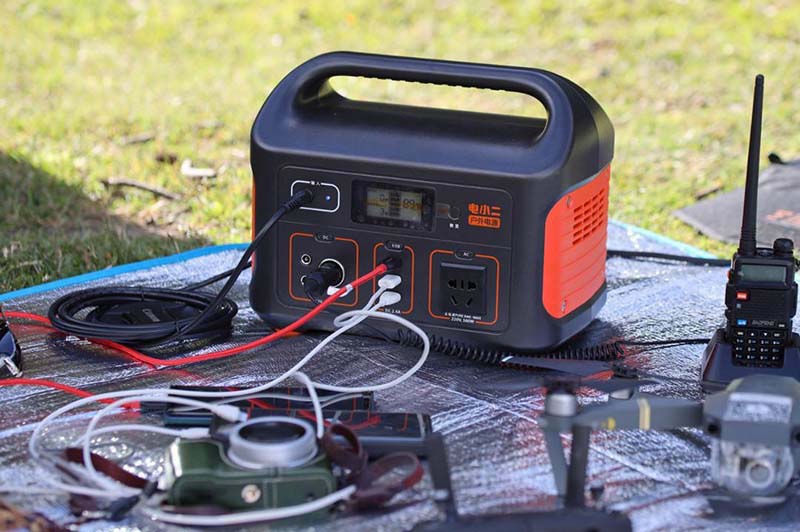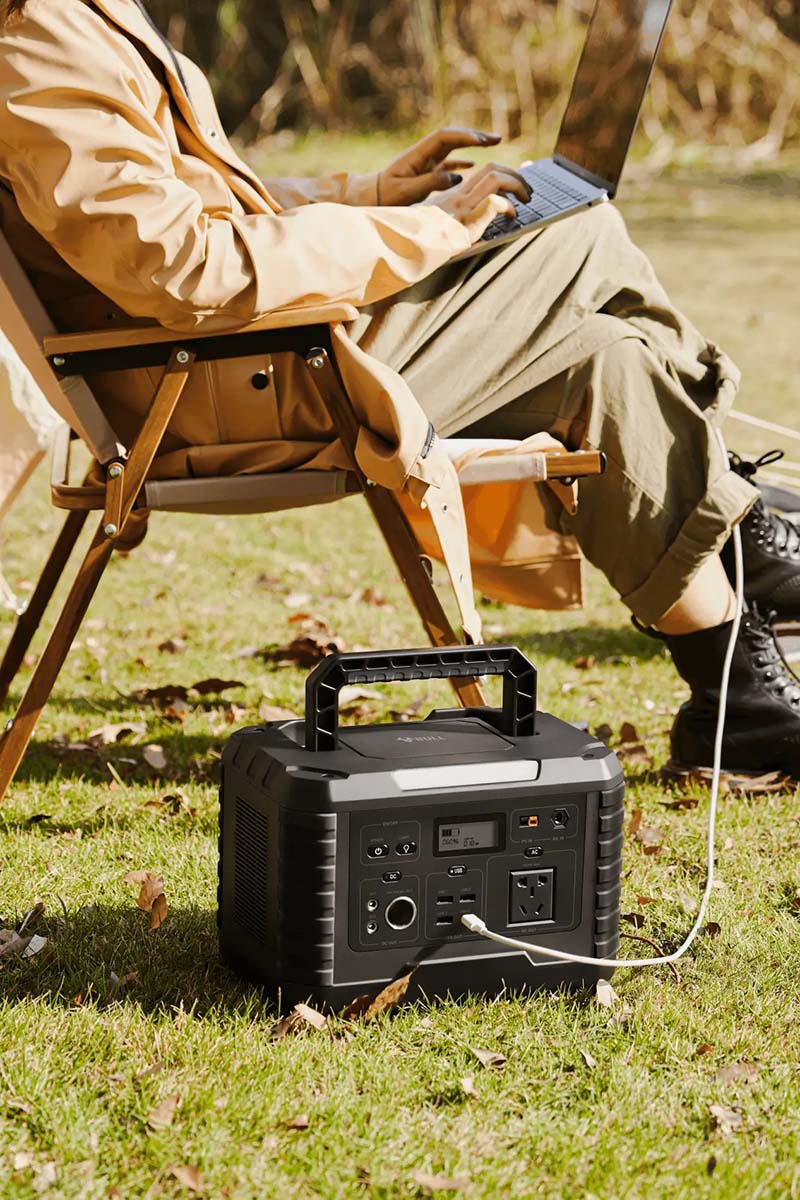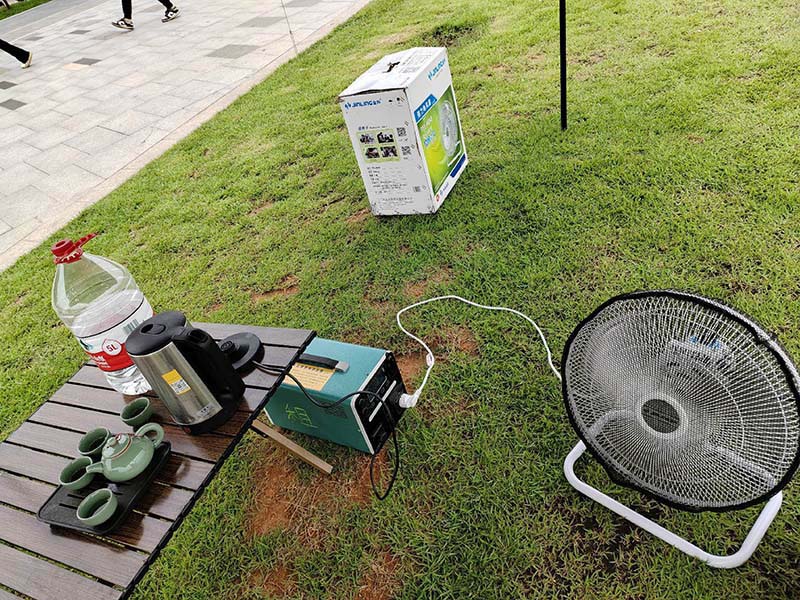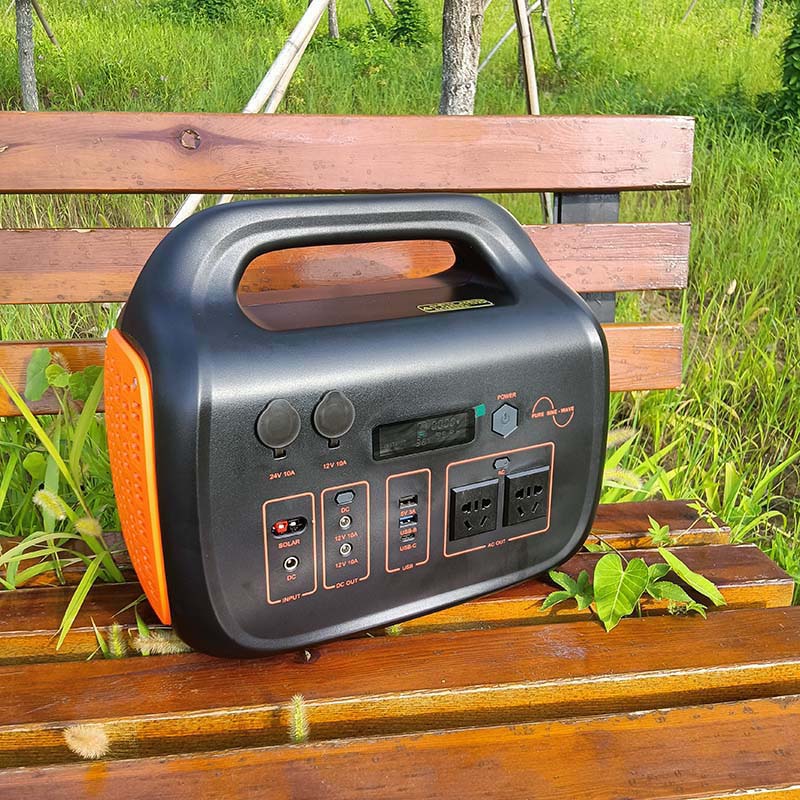how do solar power panels work
Portable power station can be used for Translation devices, E-readers, Game consoles, Electronic beaters, Mini fans, etc, Solar power panels, also known as photovoltaic (PV) panels, convert sunlight into electricity through a process called t...

Essential Devices Powered
- -10℃ low-temperature charging preheating function; charging only begins after the battery cell temperature reaches the target level.
- Intelligent temperature control charging; automatic power reduction protection when the temperature exceeds 40℃.
- The honeycomb-style heat dissipation channel design improves heat dissipation efficiency by 40%.
- It can withstand a static pressure of 1 ton and has good impact and drop resistance.
- The small model can be picked up with one hand and is easy to move.
Camping Benefits
- Portable border patrol recorder charging
- Power supply for lighting and water purification equipment at typhoon resettlement sites
- Power supply for refrigerated boxes in delivery vehicles in remote areas
- Emergency lighting supplement for elevators during power outages in residential areas
- Power supply for ventilators in disaster area
solar power panels, also known as photovoltaic (PV) panels, convert sunlight into electricity through a process called the photovoltaic effect. These panels are made up of many solar cells composed of semiconductor materials, usually silicon. When sunlight hits the solar cells, it excites the electrons in the semiconductor, causing them to flow and generate an electric current. Each solar cell consists of two layers: a positive layer and a negative layer. The interaction between these layers creates an electric field that directs the movement of electrons. As sunlight energizes the electrons, they move from the negative layer to the positive layer, creating direct current (DC) electricity. This DC electricity is then sent to an inverter, which converts it into alternating current (AC) electricity—the type used in homes and businesses. The generated electricity can power electrical devices, be stored in batteries for later use, or fed back into the grid. Solar panels are highly efficient and environmentally friendly, providing a renewable energy source that reduces reliance on fossil fuels and lowers greenhouse gas emissions. By harnessing the power of the sun, solar panels contribute to a sustainable and cleaner future.
Related Content
- tech theory power up solar powered power bank
- solar electric vehicle charging station cost
- portable solar power station made in usa
- best solar power stations
- government subsidy for solar power nz 2024
- biggest solar power plant in south africa
- solar power for home off grid
- anker solar power bank for home


